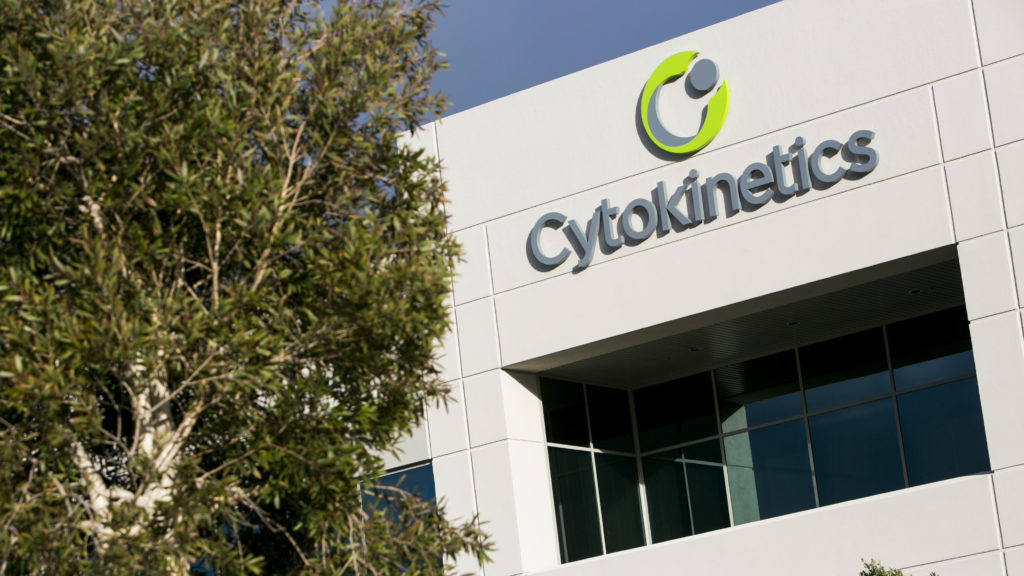
Want to stay on top of the science and politics driving biotech today? Sign up to get our biotech newsletter in your inbox.
Hello, everyone. Damian here with the final edition of this newsletter for 2023. We’re taking a break for the holidays and will be back in your inbox bright and early on Jan. 3.
advertisement
The need-to-know this morning
- Bristol Myers Squibb is purchasing Karuna Therapeutics, developer of a drug for schizophrenia, for $14 billion.
- The FDA approved a novel medicine for a rare and devastating nerve disease called ATTR-PN, clearing a treatment that promises to be more convenient than available therapies. The new drug, called Wainua, is made by AstraZeneca and Ionis Pharmaceuticals.
- Allovir is shutting down Phase 3 clinical trials of an off-the-shelf T-cell therapy for three types of infectious disease. The decision comes after independent study monitors concluded Allovir’s therapy was unlikely to achieve its efficacy goals.
- The FDA prescribing label for Carvykti, a CAR-T therapy for multiple myeloma made by Johnson & Johnson and Legend Biotech, has been updated to include the occurrence of secondary blood cancers in patients treated with the medication.
- Sarepta Therapeutics said an efficacy supplement was submitted to the FDA, seeking to expand the prescribing label of its gene therapy for Duchenne muscular dystrophy to all patients without restrictions on age or ambulatory status.
Biotech’s green 2023 is in doubt
After an extended bull run that had investors looking rosily forward to 2024, the closely watched XBI biotech index had its worst day since February on Wednesday, falling more than 4%. Then it recovered most of those losses yesterday in another dramatic move that didn’t appear tied to the actual fundamentals of developing new medicines, much less a single company’s misfortunes.
Biotech seems to be heading to a volatile end of what has been a volatile year, in which the sector has been up as much as 13% and down by more than 20%. And while the biotech’s recent recovery is clearly tied to macroeconomic factors, Wednesday’s sudden dip offers few easy explanations beyond investors taking profits, year-end tax-loss selling, and the familiar animal spirits.
The XBI is now up about 4% on the year, which is better than 2022 but far worse than the S&P 500’s 24% return since January. Investors seem to believe things are going to look better in 2024. Mizuho surveyed 70 fund managers and found that 71% expect biotech to outperform the S&P next year, with 11% expecting the sector to underperform and 17% figuring it will be in-line with the broader market.
advertisement
Can biotech endure another election year?
What does it mean to a bad CEO? And can you go to too many J.P. Morgan parties?
We cover all that and more this week on “The Readout LOUD,” STAT’s biotech podcast. It’s our last episode of 2023, so we look back on the biggest stories of the year, discuss the best and worst CEOs in the industry, and make some reasonably informed guesses on what 2024 has in store for the drug industry.
Cytokinetics is running out of December
The last big biotech catalyst for 2023 belongs to Cytokinetics, which has spent more than 25 years working toward a first FDA approval, and the clock is ticking.
The company has promised Phase 3 data that will determine whether its drug, aficamten, can improve the lives of patients with a type of inherited heart disease. Those results are due in “late December,” the company has said, which means they should be here any day now. Investors seem to think the news is going to be good, as Cytokinetics stock price rose 25% yesterday.
The stakes are high. If aficamten performs better than a rival drug from Bristol Myers Squibb, Cytokinetics could roughly double in value. If the drug simply measures up to its competition, the company will still be on pace to launch its first commercial product. Meanwhile, Cytokinetics has reportedly attracted buyout interest from larger drugmakers, a prospect that is almost certainly contingent on aficamten’s success.
Pharma still can’t figure out PTSD
Despite years of research and a few promising advances, there remain only two approved treatments for post-traumatic stress disorder, a pair of now-generic SSRIs drugs. And the pharmaceutical industry’s latest idea, an investigational treatment from Jazz Pharmaceuticals, ended in failure.
The drug, JZP150, missed its primary and secondary endpoints in a Phase 2 trial, the company said yesterday, failing to meaningfully improve symptoms of PTSD relative to placebo over the course of a 12-week study. Jazz said it does not expect to conduct further trials of JZP150 in PTSD.
The most promising pipeline medicines for PTSD come from the world of psychedelics. MAPS, a public benefit corporation, is seeking FDA approval for an MDMA treatment that, combined with psychotherapy, has led to positive results in PTSD.
More reads
- 3 issues to watch in global health in 2024, STAT
- FDA declines to approve Merck’s chronic cough drug, Reuters
- Health stocks get shot at redemption after Ozempic-fueled losses, Bloomberg
- SEO Powered Content & PR Distribution. Get Amplified Today.
- PlatoData.Network Vertical Generative Ai. Empower Yourself. Access Here.
- PlatoAiStream. Web3 Intelligence. Knowledge Amplified. Access Here.
- PlatoESG. Carbon, CleanTech, Energy, Environment, Solar, Waste Management. Access Here.
- PlatoHealth. Biotech and Clinical Trials Intelligence. Access Here.
- Source: https://www.statnews.com/2023/12/22/biotech-news-bristol-myers-squibb-karuna-allovir-sarepta-cytokinetics/?utm_campaign=rss
